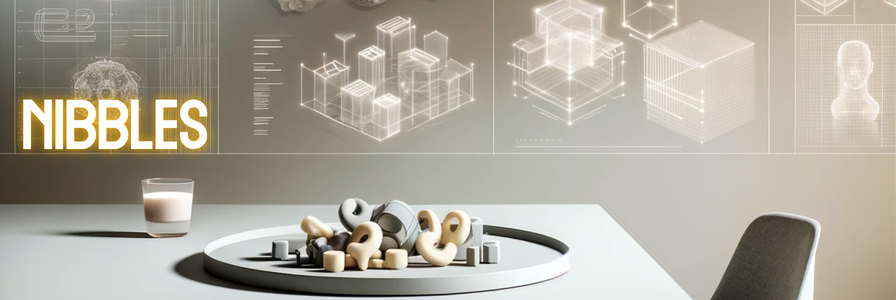Welcome back to AI Hungry, where we cut straight to the latest in artificial intelligence. This update spotlights OpenAI’s race to stay ahead, unveiling the powerful GPT-4.1 models that promise to supercharge coding and outpace rivals, alongside a fresh pair of agent-enabled models, o3 and o4-mini, that raise the bar for tool use and reasoning.
Discover how these new releases push boundaries in coding, visual reasoning, and agent capabilities. Stay tuned for deeper insights into OpenAI’s evolving strategy and what these advancements mean for the future of AI development.

OpenAI Launches GPT-4.1 AI Models to Boost Coding Power and Outpace Rivals
OpenAI has introduced a new family of AI models, GPT-4.1, designed to excel at coding and outperform previous versions like GPT-4o and GPT-4.5. The new models come in three sizes and are available to developers through OpenAI's API. They can analyze much larger amounts of code, follow instructions better, and are significantly faster and cheaper to use.
The launch comes as competition from companies like Google and Anthropic heats up. OpenAI is also working on new features, including a memory upgrade for ChatGPT and plans to release an open-weight model for developers. Despite rapid growth in users, OpenAI continues to invest heavily in research and infrastructure as it aims to maintain its lead in the AI industry.

OpenAI Launches o3 and o4-mini: Smarter, Faster AI Models with Advanced Tool Use
OpenAI has introduced two new AI models, o3 and o4-mini, which it claims are its most advanced yet. These models can act as agents, using and combining tools like web search, Python analysis, and image generation within ChatGPT to solve complex problems quickly. They also feature improved visual reasoning, allowing them to manipulate images as part of their thought process, such as flipping or zooming to better understand content.
The o3 model sets new records in coding, math, and science benchmarks, while o4-mini offers strong performance at a lower cost and faster speed. Both models are designed to follow prompts more accurately and provide more helpful, verifiable answers. However, smaller models like o4-mini may have less factual knowledge and are more prone to errors. Access is available to paying ChatGPT users, with broader rollout planned soon.


🔍 Claude AI Gets Smarter with Deep Research and Google Workspace Integration. Anthropic has upgraded its Claude AI assistant with a new research feature that performs multiple searches on its own and added Google Workspace integration for access to Gmail and Calendar. These updates aim to boost productivity and research capabilities for users. (Link)
🧩 OpenAI Eyes $3 Billion Deal to Acquire AI Coding Startup Windsurf. OpenAI is in advanced talks to buy Windsurf, an AI coding assistant startup, for about $3 billion. This would be OpenAI's largest acquisition and aims to boost its position in the competitive market for AI-powered programming tools. (Link)
🤖 Hugging Face Acquires Pollen Robotics to Open Source Humanoid Robots. Hugging Face has bought Pollen Robotics, creator of the Reachy 2 humanoid robot, and plans to make its hardware and software open source. This move aims to boost transparency and innovation in robotics by letting anyone modify and improve the technology. (Link)
🧪 Chatbot Arena Evolves into LMArena, Aims to Stay Neutral as It Grows. Chatbot Arena, a popular platform for testing AI models, is rebranding as LMArena and becoming a company. Led by UC Berkeley researchers, it plans to expand features while staying neutral and transparent in evaluating AI systems. (Link)
🕵️♂️ Police Near US-Mexico Border Use Secret AI Personas to Monitor Suspects. Police departments near the US-Mexico border are spending large sums on Massive Blue’s Overwatch, an AI tool that creates fake online personas to gather intelligence on suspected criminals and protesters. The technology’s effectiveness and oversight remain unclear. (Link)
🐬 Google Unveils DolphinGemma AI to Decode Dolphin Communication. Google, Georgia Tech, and the Wild Dolphin Project have created DolphinGemma, an AI model that analyzes dolphin sounds in real time on Pixel phones. This tool could help researchers understand dolphin communication and will be released as an open model this summer. (Link)



